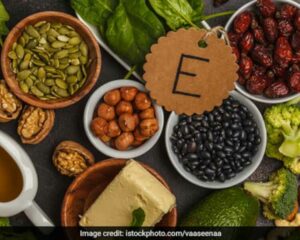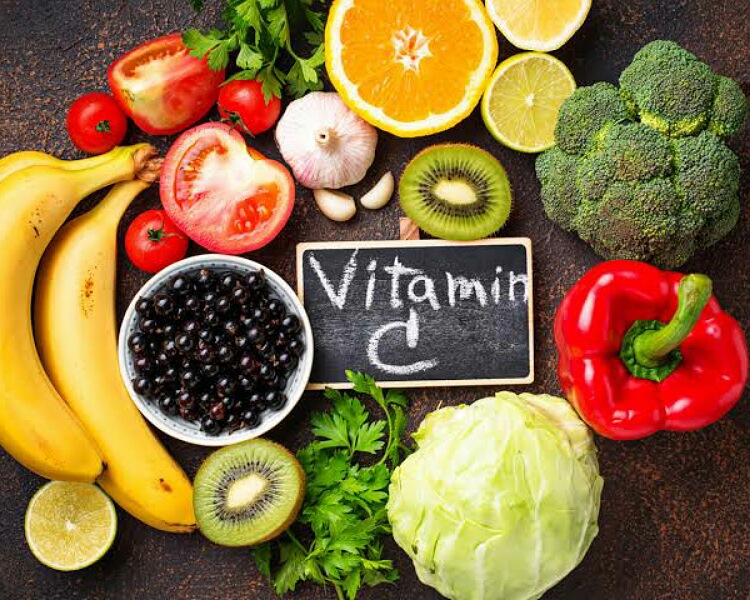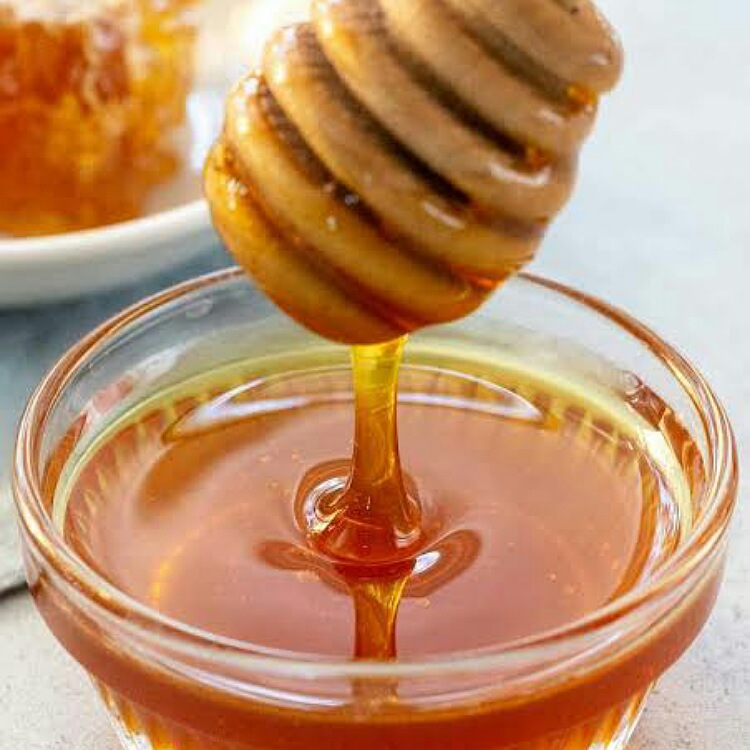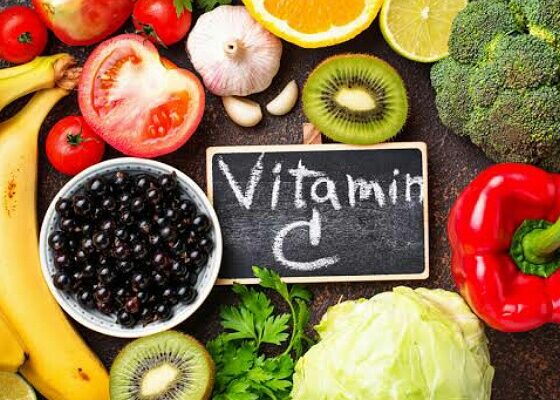Hay fever is a common problem in the developed world. This seasonal allergy can cause discomfort and affect day to day life. Certain medications help but momentarily and with side effects in some users. Diet might help and these three types of foods are amazing for relief.
Hay fever and it’s symptoms
Come spring and many allergic people start having running nose, itchy eyes and a tight chest with or without wheezing. These are the major complaints of hay fever. This is a seasonal allergy that affects around 26% of people in the developed world.
Management is difficult and includes avoidance of the triggers (pollens). Environmental control is desirable but hard to achieve. Certain drugs can limit the symptoms but have their adverse effects on the body of the user. There is no cure of this uncomfortable condition. Can foods help in relief?

Nutritionist and entrepreneur, Rhiannon Lambert replies:
“More research is needed to confirm that the things we eat have an impact on hay fever,”
But she admits that some foods do help to ease the condition.
Vitamin E rich foods
Rhiannon reveals:
“Some evidence suggests a diet that includes foods rich in vitamin E may be protective against hay fever,”
A review article in the journal Clinical & Experimental Allergy states that this vitamin can halt the immune cascade activation that begins on contact with the pollens. Another study said that this vitamin can reduce nasal symptoms but not its duration. Vitamin E rich foods are avocados, almonds, sunflower seeds, mango, red pepper, and Atlantic salmon.
Vitamin C rich foods

Rhiannon explains on the role of vitamin C in hay fever:
“Research has also suggested higher intakes of vitamin C in children can help reduce hay fever symptoms too. This may be in part due to their antioxidant properties and their role in our immune health,”
With low vitamin C histamine in blood and body is more. And when vitamin C rises in blood, the histamine levels drop. Thus, allergy control occurs. Therefore, have lots of foods that are loaded with this vitamin such as kiwis, pineapple, citrus fruits, strawberries, cabbage, broccoli, and tomatoes.
Honey
This has a beneficial role in control of hay fever symptoms. A 2013 study showed that antihistamines with honey controlled symptoms better than just using antihistamines. Rhiannon added:
“More research is needed to fully understand the benefits of the consumption of honey in the prevention and management of hay fever, but some limited evidence from randomised controlled trials have found that daily ingestion of certain types of honey, alongside allergy medication, helped to improve hay fever symptoms after four weeks,”

It probably helps because honey bees use pollens of flowers to make honey. A research paper in the journal International Archives Of Allergy and Immunology concluded that patients with birch pollen allergy who had honey containing birch pollen before start of the pollen season had lesser symptoms and lesser use of antihistamines that season.
Read here: What is manuka honey? Uses, nutrition, and health benefits!
Though the study was not a robust one, non vegans can consider trying this method to reduce their hay fever symptoms. Also honey need not be local.
Moreover, manuka honey is equal in effects as that of the regular honey. Manuka honey has more antioxidants and minerals and theoretically could be better to fight the allergy. But no studies showed this to be true.
